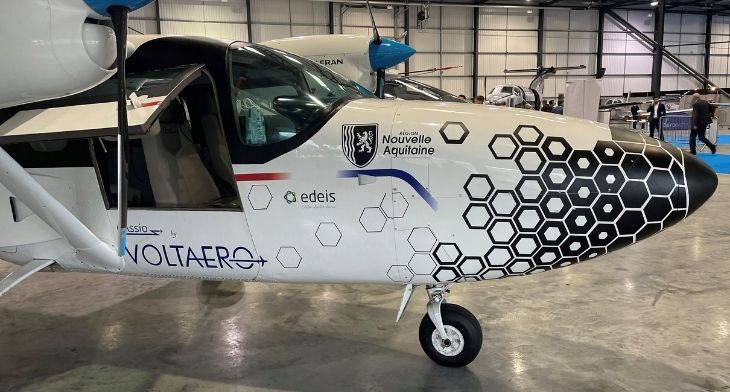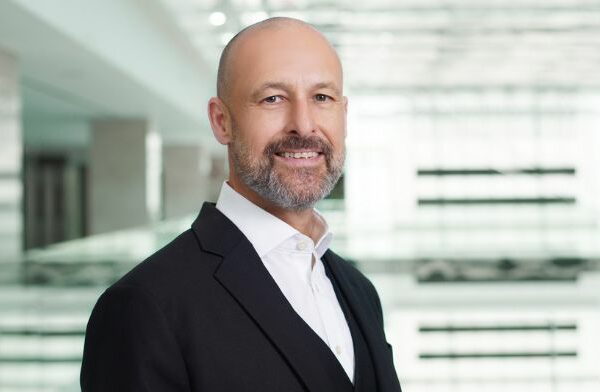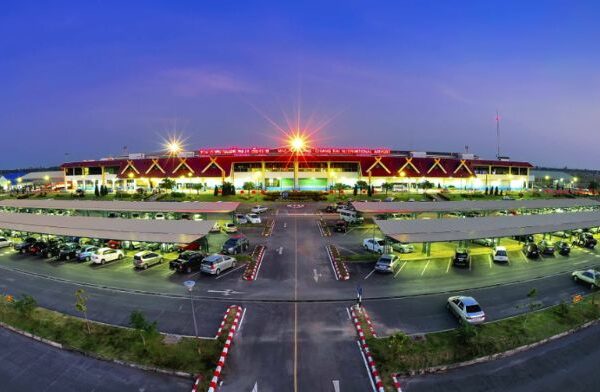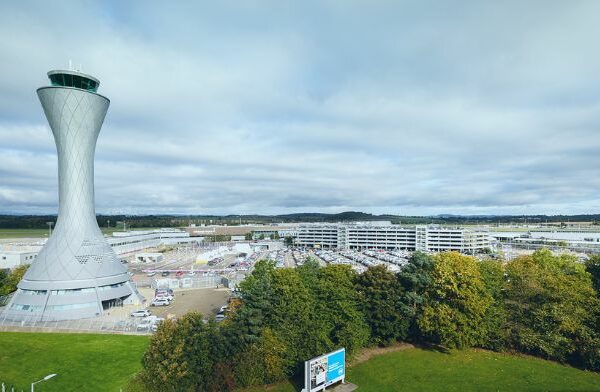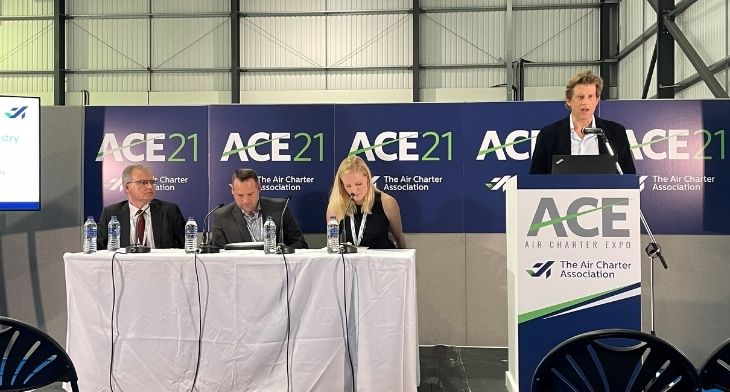


This week has seen the Air Charter Expo (ACE) take place as a hybrid event with those attending the expo at London Biggin Hill joined by delegates from around the world online. Proving a popular event, this year’s expo recorded some 1,100 physical attendees with hundreds of additional delegates tuning in online for the conference sessions.
Sustainability was a key focus on the agenda with VoltAero flying in it’s hybrid-electric Cassio 1 demonstrator (the second time the aircraft has crossed the English Channel) for the static display. VoltAero’s CEO and Chief Technology Officer, Jean Botti, also took part in the conference’s Green Charter 2021 panel discussion. He was joined by Faradair’s Neil Cloughley and representatives from Tecnam to discuss new electric aircraft technology and how operations can become more environmentally sustainable.
Green charter
A session on green operations saw Air bp discuss the role of sustainable aviation fuel (SAF) in helping the industry reduce its carbon emissions and highlighted the fuel supplier’s ‘book and claim’ solution. The initiative enables Air bp to deliver SAF into the supply chain at one airport location and ‘book’ the carbon reduction associated with it into a registry. A customer can then ‘claims’ those carbon reductions by purchasing the benefit of the lifecycle carbon reductions that have been registered alongside their traditional jet fuel.
Meanwhile, 4Air’s President, Kennedy Ricci, revealed his organisation’s ratings framework to help organisations meet and even exceed the industry’s sustainable goals. He described the ratings framework as an opportunity to “look at the pillars of sustainability and build those into an adaptable and flexible programme.” Nicholas Kroll, Luxaviation’s recently appointed Head of Sustainability added that “the first step operators need to take when addressing sustainability is to look at their operational environment and engage with the different stakeholders (customers, suppliers, employees and local residents),” as he underlined that climate change is a problem that affects everyone across the supply chain.
Sustained growth
Looking at the overall state of the industry Wingx’s Managing Drector, Richard Koe, described the forecast for the business aviation sector as looking extremely positive. Despite a 71% drop in activity in Q1 2020 compared to 2019 movements, business aviation has since seen a strong rebound in traffic with activity now exceeding the levels seen in 2019. Similarly cargo activity is now exceeding 2019 traffic and special missions such as crisis missions and medical shipments have also seen strong growth. Scheduled activity however is still trending around 42% behind 2019 figures, which is primarily due to travel restrictions, lack of demand and aircraft being grounded. Through July 2021 Koe stated that the European charter market has an estimated worth of €1.58 billion.
Looking at what the longer term growth forecast is for the charter sector, VistaJet’s Executive Vice President, Programme Sales, Francesca Swan, pointed out that having a global fleet has meant that VistaJet has been able to shift its fleet around in response to market demand around the globe, which has served the company well over the last 18 months. She also revealed that the company is seeing enormous growth in North America and Europe and is currently 50% up on 2019 figures with ad-hoc acquisitions planned to support this continued growth. She also noted that “pre-pandemic 90% of customers who could afford to weren’t flying privately. However, with commercial routes still not fully recovered and some having been stopped for the foreseeable future these passengers are turning to private aviation.” And while she believes the industry will see sustained growth going forward, certain regions will be more cautious than others.
Clive Chalmers, VP Charter, UK, AirPartner, commented on the balanced demand he is seeing explaining that while some markets have dropped off, others have picked up. “For example traffic from the events and entertainment sector has disappeared, but because scheduled services have been less reliable we’ve seen a pick up in traffic from the energy and sporting sector,” he said. Admitting that the industry still faces a harsh winter as corporate travel still hasn’t recovered he did however say that he had a “positive and optimistic outlook for long-term growth.”
And in line with the East Midlands Airport-based airline RVL Group’s plans to gear up for new commercial opportunities, David Lacy, RVL’s Head of Business Development, stated that being flexible with operations and having an “eclectic fleet of aircraft” has been key to their growth during the pandemic. “July through September 2020 we doubled our cargo revenue due to COVID charters for medical shipments and even the transport of waste water.” He added that the number of COVID tests being transported has meant regular flights every day to accommodate those thousands of tests. Concluding that the cargo market is still showing signs of growth beyond COVID shipments Lacy stated that he forecasts “sustained growth, but with peaks and troughs” with strains in global supply chains creating challenges as well as opportunities for the charter market.
